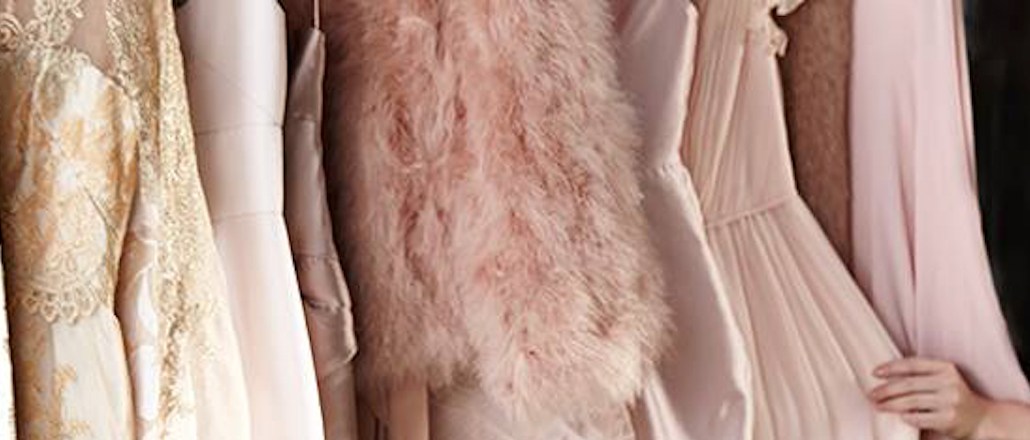Save 50% on a 3-month Digiday+ membership. Ends Dec 5.

The “sharing economy” — it’s really about access over ownership — has moved from cab rides and vacation homes to luxury fashion.
Rent the Runway’s Unlimited service, which lets customers rent three items at one time for the cost of $139 a month, officially launched Wednesday after two years in beta. The service first tested with accessories and then expanded to dresses, ready-to-wear and work attire. Now, customers can subscribe to get products from 350 designers on a monthly basis.
This means that designer names like Derek Lam, Proenza Schouler and Giambattista Valli can live in Rent the Runway customers’ closets for an unlimited time (there is no due-back date, as long as the customer’s account is in good standing) at a cost deeply discounted from their retail price. So while one of Valli’s cap sleeve dresses retails for $2,700, through Rent the Runway, shoppers can rent the same dress and two other items for $139 a month.
“This is almost tantamount to when Netflix went from only renting out DVDs to streaming,” said Tony King, CEO of digital agency King & Partners. “It’s streaming a wardrobe.”
As Rent the Runway CEO Jennifer Hyman told Fashionista, “This movement of access over ownership is even stronger today. We’re renting basically everything in our lives.”
For a luxury brand, this model may feel like a sacrifice of the exclusivity and aspiration that comes with the hefty price tag and esteemed ownership of a designer item. But the sharing economy has changed consumer expectations — even for luxury fashion.
“Every chance a brand has to give a customer an experience is an opportunity to convince or persuade the customer to choose them,” said Julie Andrews, svp of client engagement at digital agency Rumble Fox. “The sharing economy has changed everything, including how customers approach and are introduced to brands.”
Ad position: web_incontent_pos1

Rent the Runway isn’t the only service looking to bring a subscription model to designer fashion. Other services and boxes exist that deliver designer apparel to customers’ homes to borrow or try on and bought or returned (like StitchFix). However, Rent the Runway is now seven years old and is established enough to introduce fashion borrowing to the mainstream. It boasts a 5-million-customer base, $800 million in luxury apparel as of 2015, 350 designer brand names and four storefronts in New York, Washington, D.C., Chicago and Las Vegas.
It’s also working to get women in their 20s who are used to buying disposable fashion to try designer brands.
“Rent the Runway is offering young women who don’t feel comfortable spending thousands of dollars with a brand they don’t know a way to get to know the brand before they make final purchases,” said Melinda Sanna, founder and CEO of consumer insight consultancy Spark. “The definition of luxury is so different for millennials, and this is a new luxury experience.”
Turning a borrower from Rent the Runway into a buyer depends in part on the customer experience, something brands have to trust the service to handle. So the company has to win over designers as well as consumers.
Ad position: web_incontent_pos2
“Rent the Runway needs to market themselves in a way that shows brands the value,” said Andrews. “But not participating means missing out, so if the choice is participate or don’t, you won’t want to choose don’t.”
More in Marketing

Ulta, Best Buy and Adidas dominate AI holiday shopping mentions
The brands that are seeing the biggest boost from this shift in consumer behavior are some of the biggest retailers.

U.K. retailer Boots leads brand efforts to invest in ad creative’s data layer
For media dollars to make an impact, brands need ad creative that actually hits. More CMOs are investing in pre- and post-flight measurement.
Ad position: web_bfu



